
MIRAMAR- Spirit Airlines (NK), headquartered in Miramar and a major operator at Fort Lauderdale-Hollywood International Airport (FLL), is once again under intense financial strain. The carrier’s latest filings raise serious concerns about its ability to survive over the next 12 months.
The airline, which recently went through Chapter 11 restructuring, emerged with more debt, unsustainable growth, and weakened fundamentals. Spirit’s warning to investors has reignited speculation about a potential collapse and its wide-reaching impact across the U.S. aviation sector.
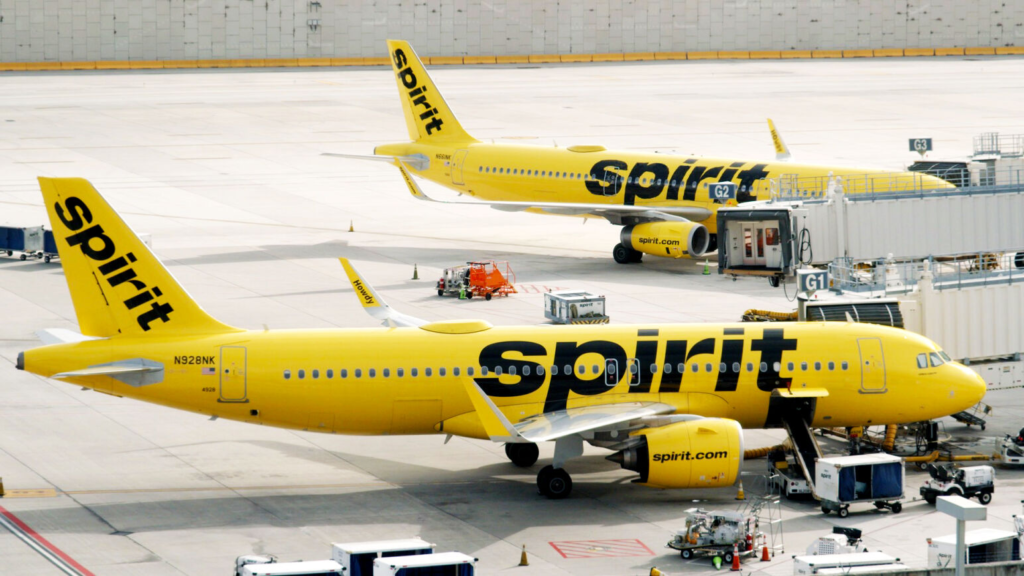 Photo: Spirit Airlines
Photo: Spirit AirlinesSpirit Airlines Shutdown Opens Doors for Rivals
Spirit Airlines entered bankruptcy with the hope of stabilizing through debt restructuring and operational adjustments. Instead, it emerged with heavier obligations and unresolved structural issues.
Its management admitted in the most recent 10-Q filing that there is “substantial doubt” about its ability to continue as a going concern.
The failed attempt to prioritize bondholders over a proposed Frontier Airlines (F9) acquisition has only worsened its position. As of now, investors and creditors face significant uncertainty, while competitors are closely monitoring Spirit’s challenges.
 Photo: Spirit Airlines Airbus A319-133; N535NK@LAX;31.01.2018 | Flickr | Creator: Aero Icarus
Photo: Spirit Airlines Airbus A319-133; N535NK@LAX;31.01.2018 | Flickr | Creator: Aero IcarusWhy Spirit’s Exit Would Matter
A complete Chapter 7 liquidation of Spirit Airlines would be one of the largest U.S. airline shutdowns in decades.
The last comparable exit was more than 30 years ago. If Spirit’s bright yellow aircraft were to disappear, the U.S. market would face major shifts in competition, pricing, and route availability.
Spirit controls key gate space at Fort Lauderdale (FLL), which is among its most valuable assets. Should the airline shut down, these gates would immediately become a focal point for rival carriers looking to expand in South Florida, reported Visual Approach in its detailed analysis.
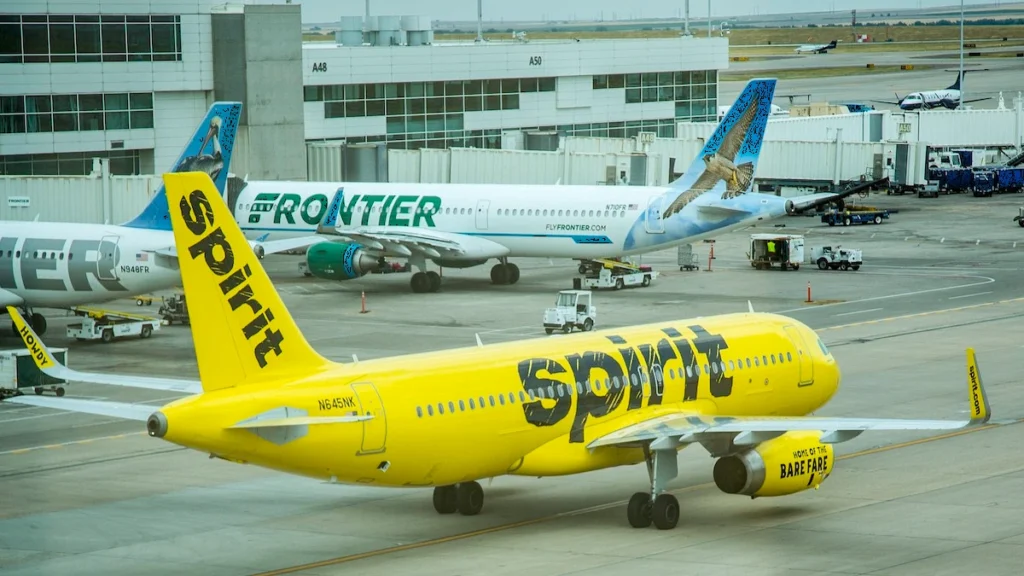 Photo: Denver International Airport
Photo: Denver International AirportLikely Beneficiaries of Spirit’s Collapse
Southwest Airlines (WN)
Southwest Airlines, with a strong presence in Florida, stands to benefit the most. Spirit’s absence would ease competition on overlapping routes, particularly in leisure-heavy destinations. For Southwest, reduced competition in Florida could be more impactful than any recent strategic shift within its own operations.
Breeze Airways (MX)
Breeze Airways, with its steady aircraft deliveries and expanding network, would find an opportunity in Spirit’s exit. The airline is adept at moving quickly into vacated markets, as demonstrated in Burbank. With Spirit gone, Breeze could scale rapidly into key domestic routes where demand remains strong.
JetBlue Airways (B6)
JetBlue has limited overlap with Spirit, but both share a significant South Florida and Caribbean focus. A Spirit exit would open valuable Latin American and Caribbean opportunities for JetBlue, especially from Fort Lauderdale (FLL) and Orlando (MCO).
Frontier Airlines (F9)
Frontier, which once pursued a merger with Spirit, would still benefit from the exit. Spirit’s departure would remove capacity in overlapping markets, giving Frontier more room to deploy its fleet. However, risks remain if another carrier absorbs Spirit’s assets instead of a full liquidation.
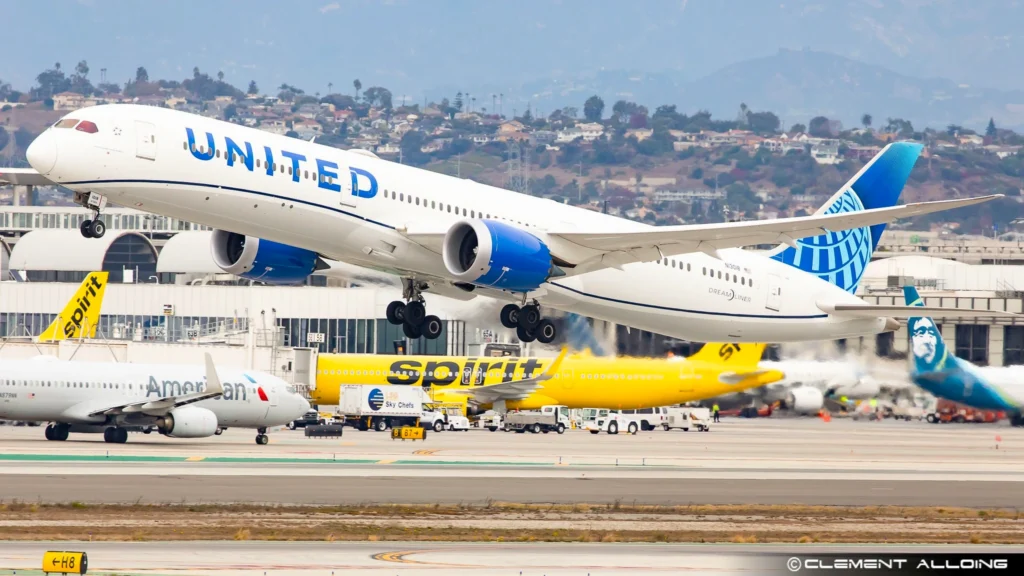 Photo: Clément Alloing
Photo: Clément AlloingPotential Dark Horses
United Airlines (UA)
United has long sought a stronger South Florida presence. Spirit’s FLL gates could give United the hub space it has been missing, though labor and operational complexities would make an acquisition difficult.
Sun Country Airlines (SY)
Beyond Florida, Spirit’s presence in Detroit (DTW) could open opportunities for Sun Country, which has successfully operated alongside Delta in Minneapolis. A Detroit expansion could be a similar playbook.
Allegiant Air (G4)
Allegiant generally avoids head-to-head competition with Spirit, preferring secondary airports. Still, both overlap in markets like Florida and Las Vegas (LAS). Spirit’s absence would give Allegiant new growth corridors in major leisure markets.
Avelo Airlines (XP)
Avelo, a smaller but opportunistic carrier, could benefit from reduced competition in Florida. Even with a limited fleet size, Spirit’s exit would allow Avelo to achieve more consistent profitability.
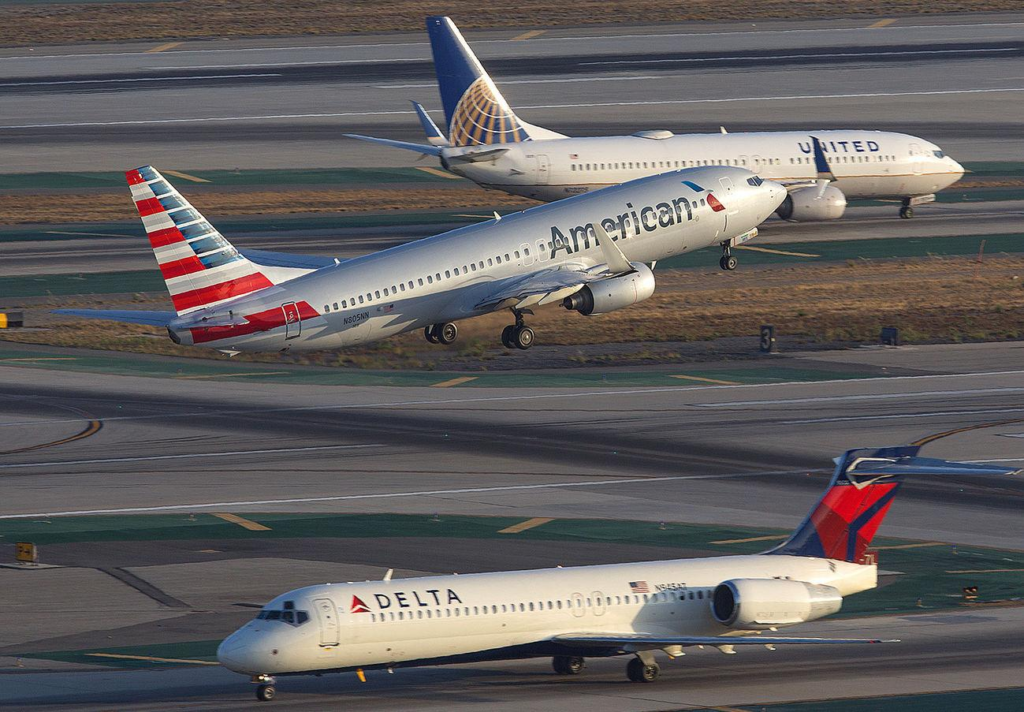 Photo credit: Joe Pries
Photo credit: Joe PriesLegacy Carriers Gains
American Airlines (AA), Delta Air Lines (DL), and United Airlines (UA) would all gain indirectly. Spirit has long operated as a “spill carrier,” absorbing passengers priced out by the big three.
Its disappearance would boost pricing power across the lower-fare segment, though these airlines remain focused on premium travelers.
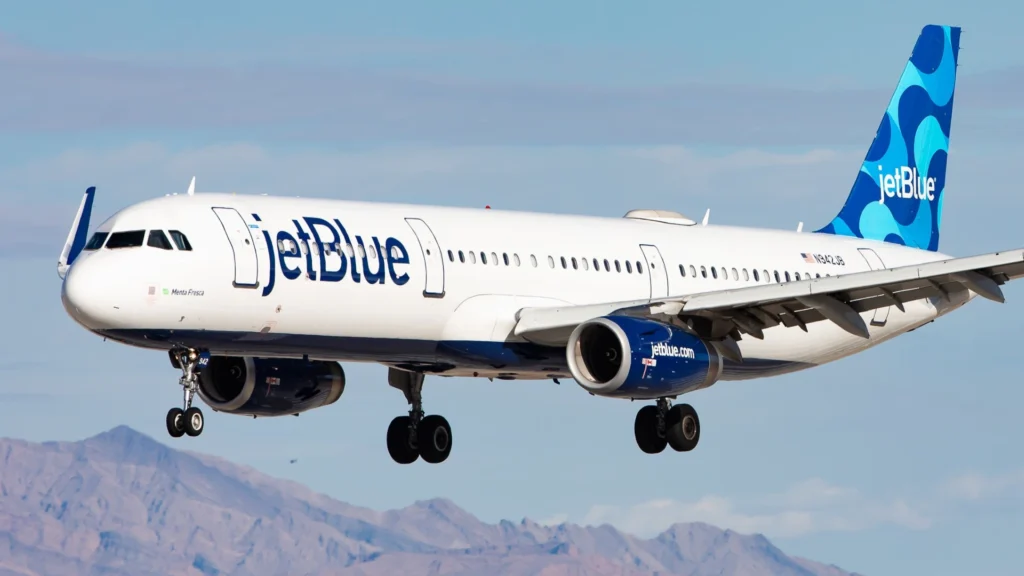 Photo: Clément Alloing
Photo: Clément AlloingBottom Line
Spirit Airlines’ future remains highly uncertain. If the carrier collapses, it would reshape the U.S. aviation market more dramatically than any airline exit in decades.
Low-cost competitors like Southwest, Breeze, JetBlue, and Frontier are poised to gain the most, while legacy carriers stand to benefit from stronger pricing dynamics.
For now, all eyes remain on Miramar as Spirit navigates one of the most critical periods in its history.
Spirit Airlines to Furlough 270 Pilots and Downgrade 140 Captains
The post Spirit Airlines Shutdown Could Benefits All US Carriers? appeared first on Aviation A2Z.


















